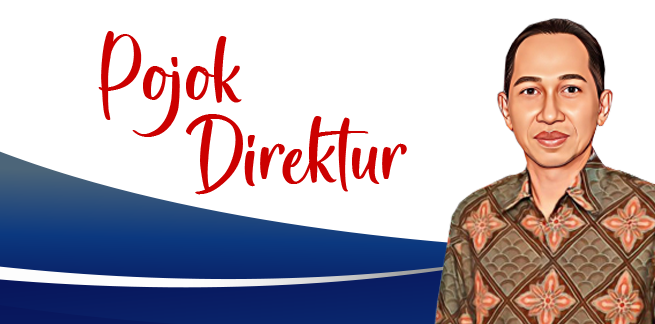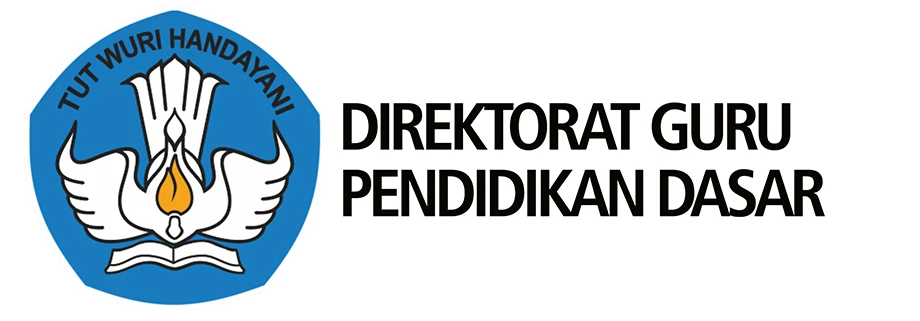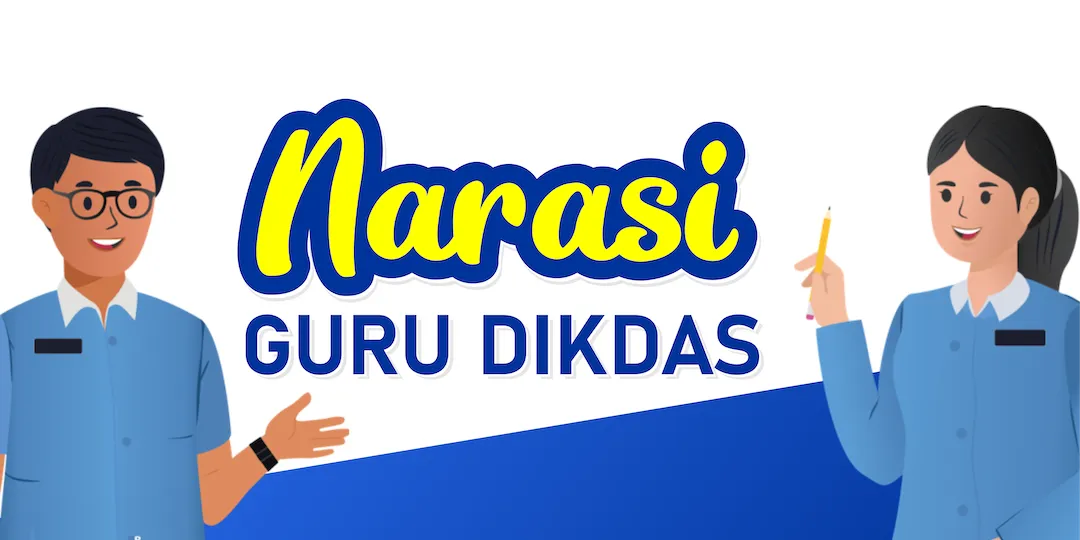Penerapan Problem Based Learning Berbantuan Media Augmented Reality untuk Meningkatkan Hasil dan Kemandirian Belajar
DOI:
https://doi.org/10.26811/didaktika.v7i1.1126Abstract
This research aims to improve learning outcomes and student learning independence by applying a problem-based learning model assisted by augmented reality media in III grade students at SD Negeri 5 Sebatu. This research is a classroom research action conducted in two cycles. The research subjects were III grade students, the total number of the students were 24 students. The object of the research is a problem-based learning model assisted by augmented reality media, learning outcomes and learning independence. The data in the research were collected by test and observation methods. Data were analyzed using descriptive statistical and quantitative descriptive analysis methods. Based on the results of data analysis, the average percentage of students cognitive learning outcomes in cycle I was 67.08% (moderate category), increasing to 81.25% (high category) in cycle II. The results of observations of learning independence cycle I meeting 1were in the "low" category and meeting 2 was in the "moderate" category. Whereas in cycle II meeting 1 and meeting 2 were categorized as "high". Based on the results of the research, it can be concluded that the application of the problem-based learning model assisted by augmented reality media can improve learning outcomes and learning independence of the III grade students.
References
Agung, A. A. G.(2014). Buku Ajar Metodologi Penelitian Pendidikan. Aditya Media Publishing.
Anderson L. W. & Krathwohl D. R. (Ed). (2010). Kerangka Landsan untuk Pembelajaran, Pengajaran, dan Asesmen: Revisi Taksonomi Pendidikan Bloom. Terjemahan Agung Prihantoro. A taxonomy for Learning, Teaching, and Assessing: A Revision of Bloom’s Taxonomy of educational Objetives. A Bridged Edition. 2001. Cetakan Ke-1. Pusaka Pelajar.
Anjarsari, W., Suchie, S., & Komaludin, D. (2021). Implementasi Pembelajaran Online Berbasis Project Based Learning untuk Meningkatkan Kemandirian Belajar Siswa. Prisma, 10(2), 255. https://doi.org/10.35194/jp.v10i2.1639
Harapit, S. (2018). Peranan Problem Based Learning (Pbl) Terhadap Kemampuan Pemecahan Masalah dan Motivasi Belajar Peserta Didik. Jurnal Pendidikan Tambusai, 2(2), 912–917. https://www.jptam.org/index.php/jptam/article/view/41
Kusuma, Y. Y. (2021). Peningkatan Hasil Belajar Siswa dengan Menggunakan Model Pembelajaran Problem Based Learning di Sekolah Dasar. Jurnal Basicedu, 4(4), 1460–1467. https://doi.org/10.31004/basicedu.v4i4.753
Masduriah, H., & Madiun, U. P. (2020). Pengaruh Penggunaan Model Pembelajaran PBL terhadap Keterampilan HOTS Siswa SD. Jurnal Prosiding Konferensi Ilmiah Dasar Volume, 2(1), 277–285.
Novianti, A., Bentri, A., & Zikri, A. (2020). Pengaruh Penerapan Model Problem Based Learning (Pbl) Terhadap Aktivitas dan Hasil Belajar Siswa pada Pembelajaran Tematik Terpadu di Sekolah Dasar. Jurnal Basicedu, 4(1), 194–202. https://doi.org/10.31004/basicedu.v4i1.323
Puspita, J. A. D. (2022). Penerapan Model Pembelajaran Problem Based Learning terhadap Hasil Belajar IPA Siswa Kelas V SD. Educenter : Jurnal Ilmiah Pendidikan, 1(5), 491–495. https://doi.org/10.55904/educenter.v1i5.168
Susilowati, A. (2018). Pengaruh PBL terhadap Kemandirian Belajar Siswa SD. Journal of Primary Education, 2(1), 72–77.
Triwibowo, Rois, Badarudin, Aji, Heru, M. (2020). Peningkatan Keterampilan Berpikir Kritis dan Sikap Kemandirian Belajar Menggunakan Model Problem Based Learning pada Tema 7 di Kelas V MIM 01 Sambong. V(01), 1–12.
Walidin, W., Idris, S., & Tabrani ZA. (2015). Metodologi Penelitian Kualitatif & Grounded Theory. Banda Aceh: FTK Ar-Raniry Press.
Wulan, D. C. (2022). Penerapan Model Pembelajaran PBL Berbantuan Video. April, 1337–1343.
Published
Issue
Section
License
Copyright (c) 2023 Jurnal Didaktika Pendidikan Dasar

This work is licensed under a Creative Commons Attribution-ShareAlike 4.0 International License.
















